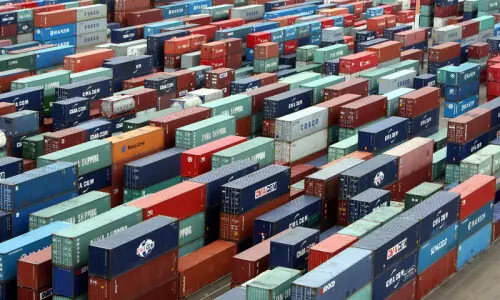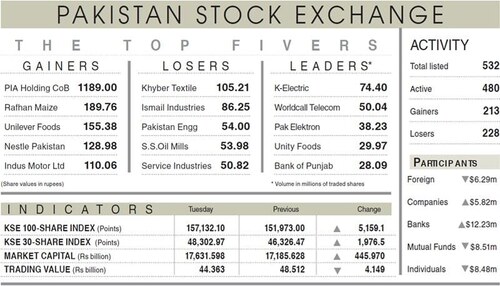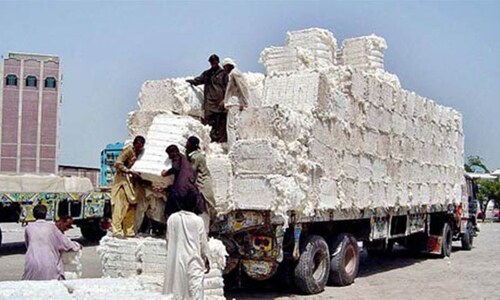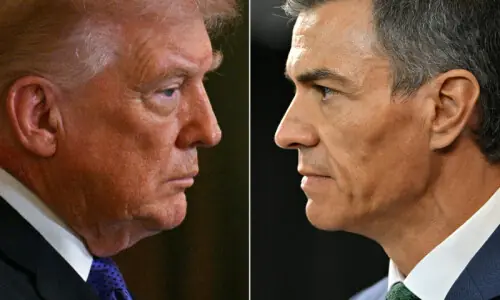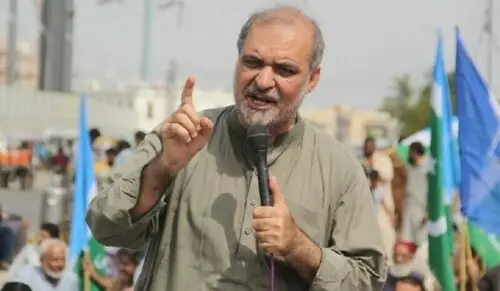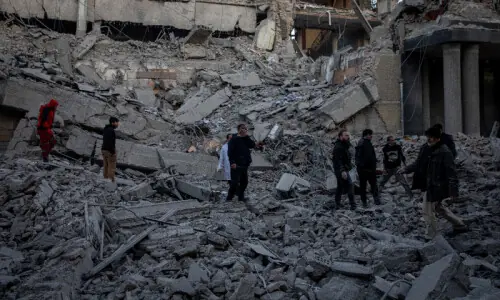WASHINGTON, Jan 26: The International Monetary Fund is gearing up for a huge new challenge to rebuild the economies of the turbulent Arab world, a mission that poses starkly different challenges to its eurozone rescues.
The Arab Spring revolutions of 2010-2011 have opened doors to the IMF’s money and expertise as new governments face the need to balance their books and revive sagging growth. Egypt and Tunisia are in negotiations over IMF loan programmes that would entail structural reforms, and the Fund is also providing technical assistance to Libya.
The IMF is also nursing countries weakened by the Arab turmoil. In August, Jordan received a $2 billion loan and Morocco has a precautionary facility of $6bn, meant to give it more protection from external shocks.
Torn by political upheaval, the countries of the region face multiple deep challenges, including high unemployment, large population growth, capital flight and deep government deficits, experts say. The Fund recognises the issues are more than financial.
Earlier this month, Managing Director Christine Lagarde wrote in the Financial Times that Arab countries need “urgent policy measures” to avoid killing the hopes raised by the revolutions.
Lagarde’s number two, David Lipton, has swept through the region delivering the IMF’s message in numerous speeches. The Arab world has “formidable growth potential” that the IMF cannot ignore, Lipton said. But, he likes to point out, aside from oil and gas, the region’s exports together are barely the size of Belgium’s.
The fund nevertheless has to convince a region plagued by doubts over its approach in the past — attaching harsh austerity conditions to its loan programmes as it sought to help governments balance budgets and boost growth. Especially in sub-Saharan Africa, the IMF has been accused of foisting such programmes on governments with little consideration for local conditions and how the local people are impacted.
Before the Arab Spring, “many of the Arab and African countries were about to turn their backs on the IMF,” said Ibrahim Saif of the Carnegie Endowment for International Peace. Indeed, many people blamed the IMF programmes for the social and economic hardship that led to the revolts, he said.
Today, the IMF says it has got the message. It emphasises that it is now developing reform programmes that are “homegrown” — developed with the backing of all stakeholders in a society, including civil society groups.
“As we engage more closely in the region, we find that we have to explain the role of the IMF and how we work with governments today,” Lipton said in November.
“We know from experience that programmes are much more likely to succeed if they are designed and owned by the national authorities and enjoy broad support within the country.” But as Egypt shows, that is not an easy thing. Egypt’s political groups have battled over what kind of reforms are needed following the revolt of early 2011.
After elections last year established a new government, they entered discussions with the IMF over a $4.8bn loan programme. But as a preliminary deal neared in December, talks were suspended over fresh domestic political problems. In Tunisia, an IMF programme also faces the challenge of elections later this year, which could spark a new wave of instability.
“These countries are presently facing the unenviable conflict,” said Zubair Iqbal, a former IMF official now at the Middle East Institute.
“There is a dire need for painful economic reforms to get these economies growing and creating jobs for a sharply rising youth bulge.” Yet, he said, “the political climate in the post-revolution period is not ready for the needed reforms. Therefore, any attempts by the IMF for reform will face severe resistance.”
In Egypt, for instance, a number of religious and civil groups sent a letter late last year to the IMF opposing the loan talks with Cairo, condemning the lack of transparency around the negotiations. This underscored the deeper challenge the IMF faces in the Arab region, according to Iqbal.
“The IMF will be in the eye of the storm and will be blamed for any national failures to implement their own programmes and the consequent crises,” he said. —AFP

